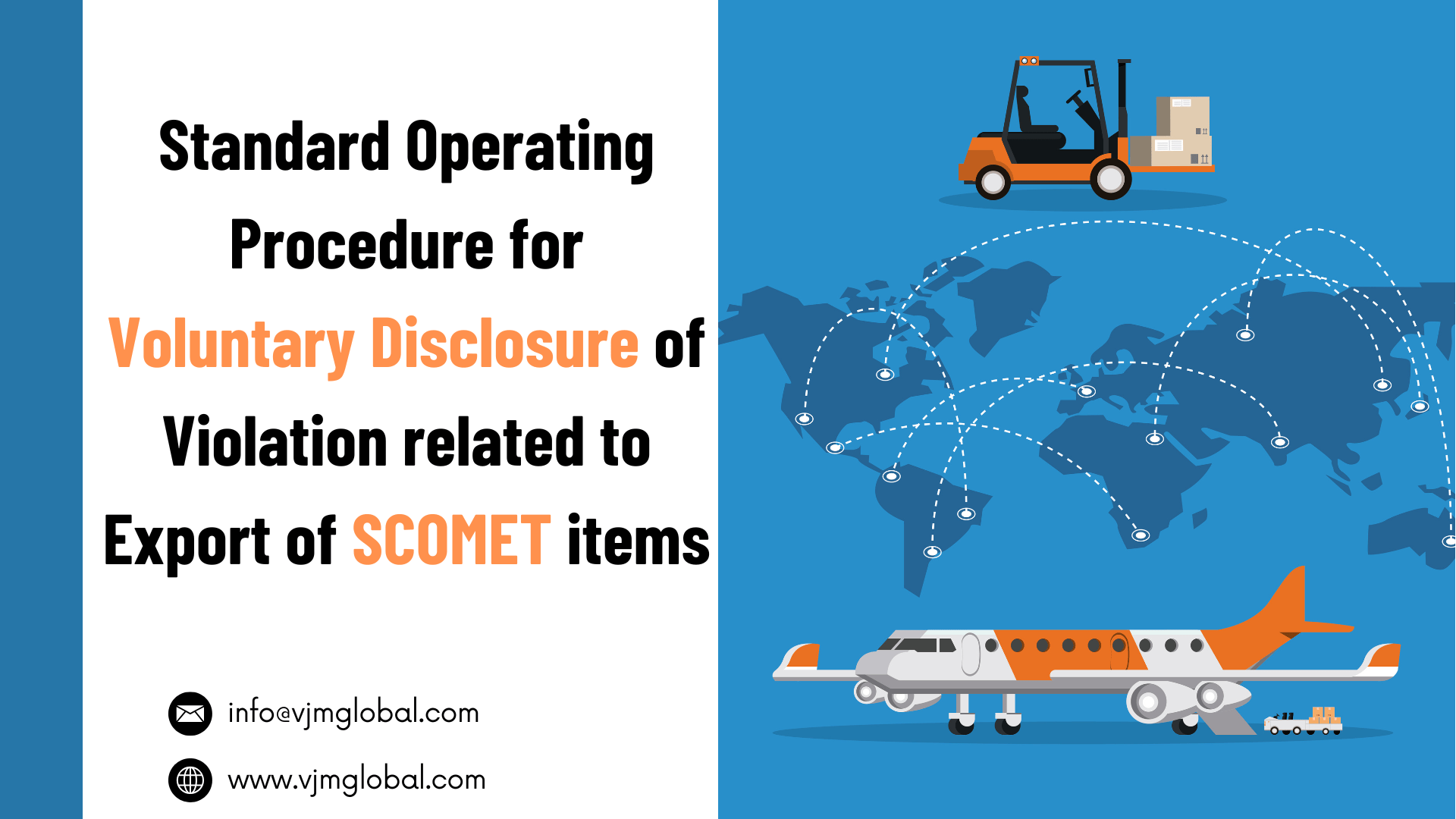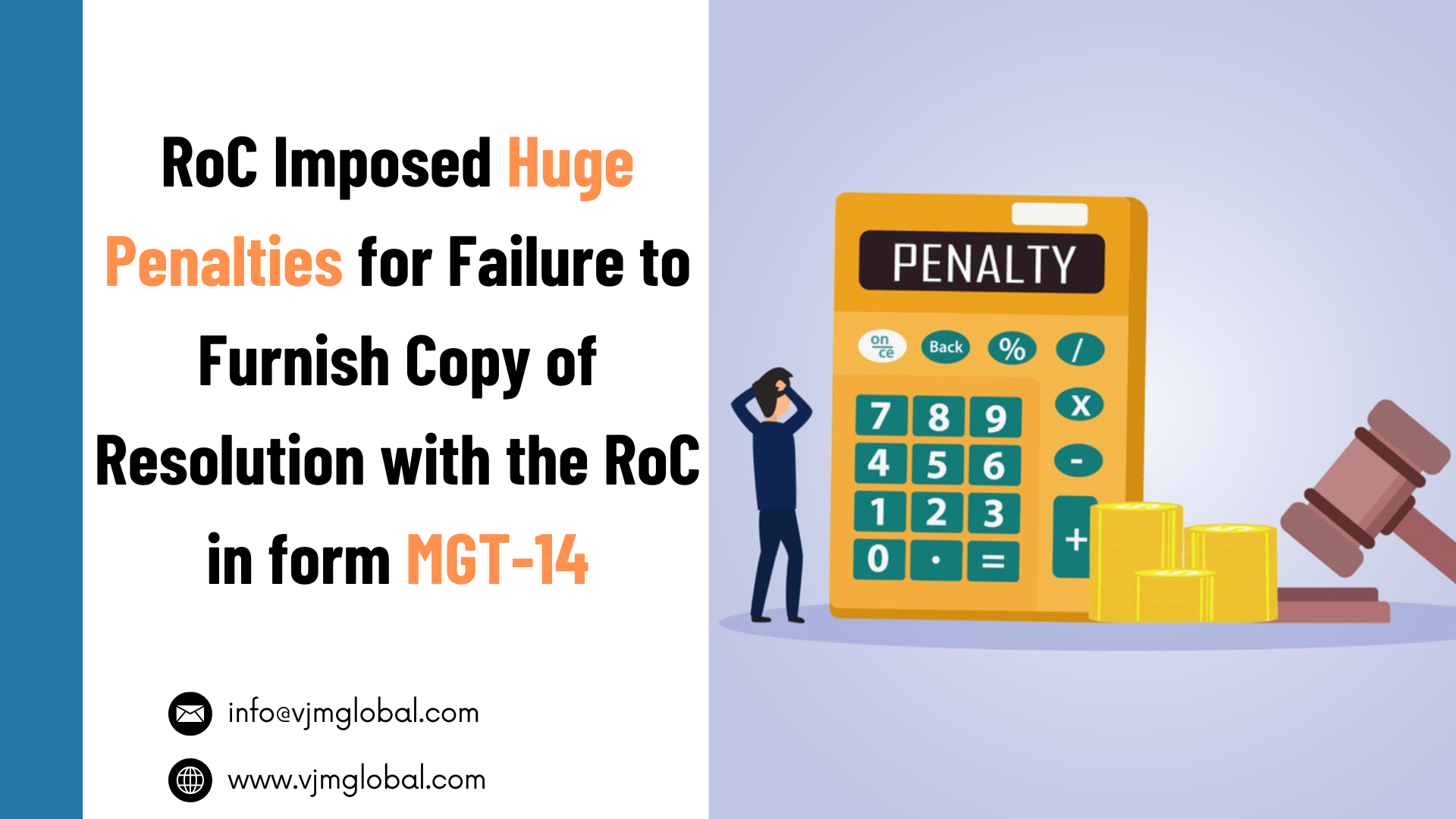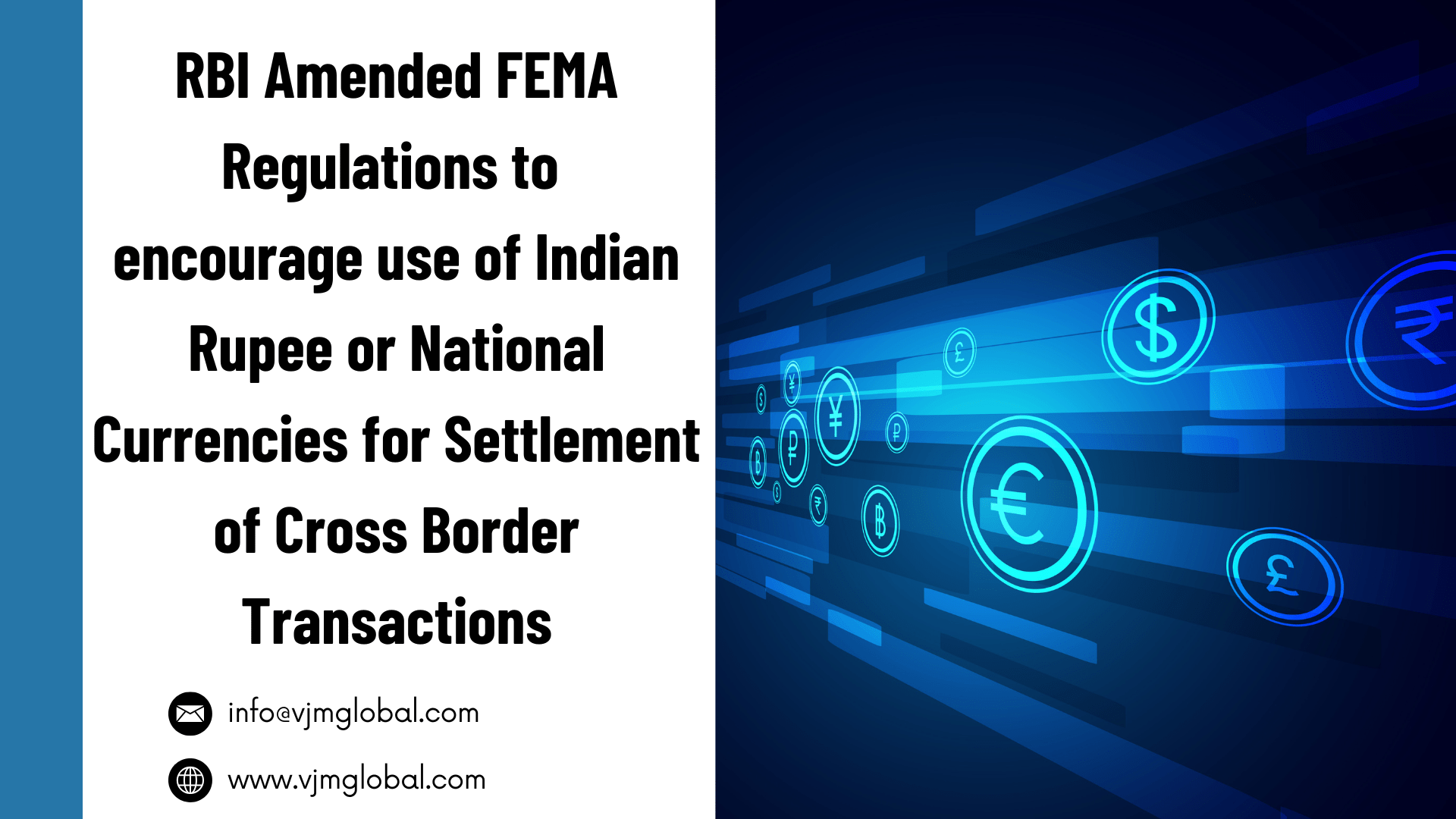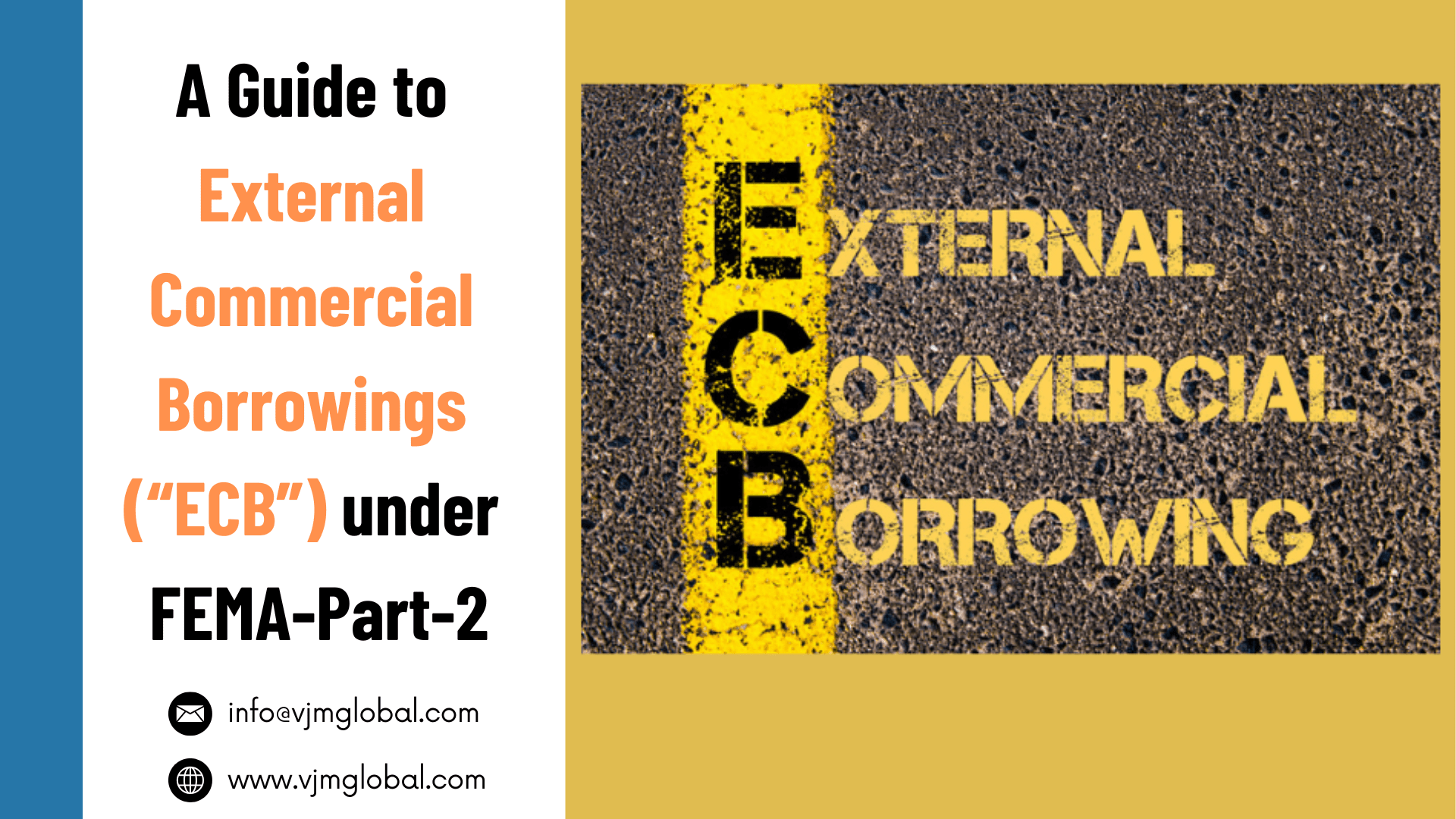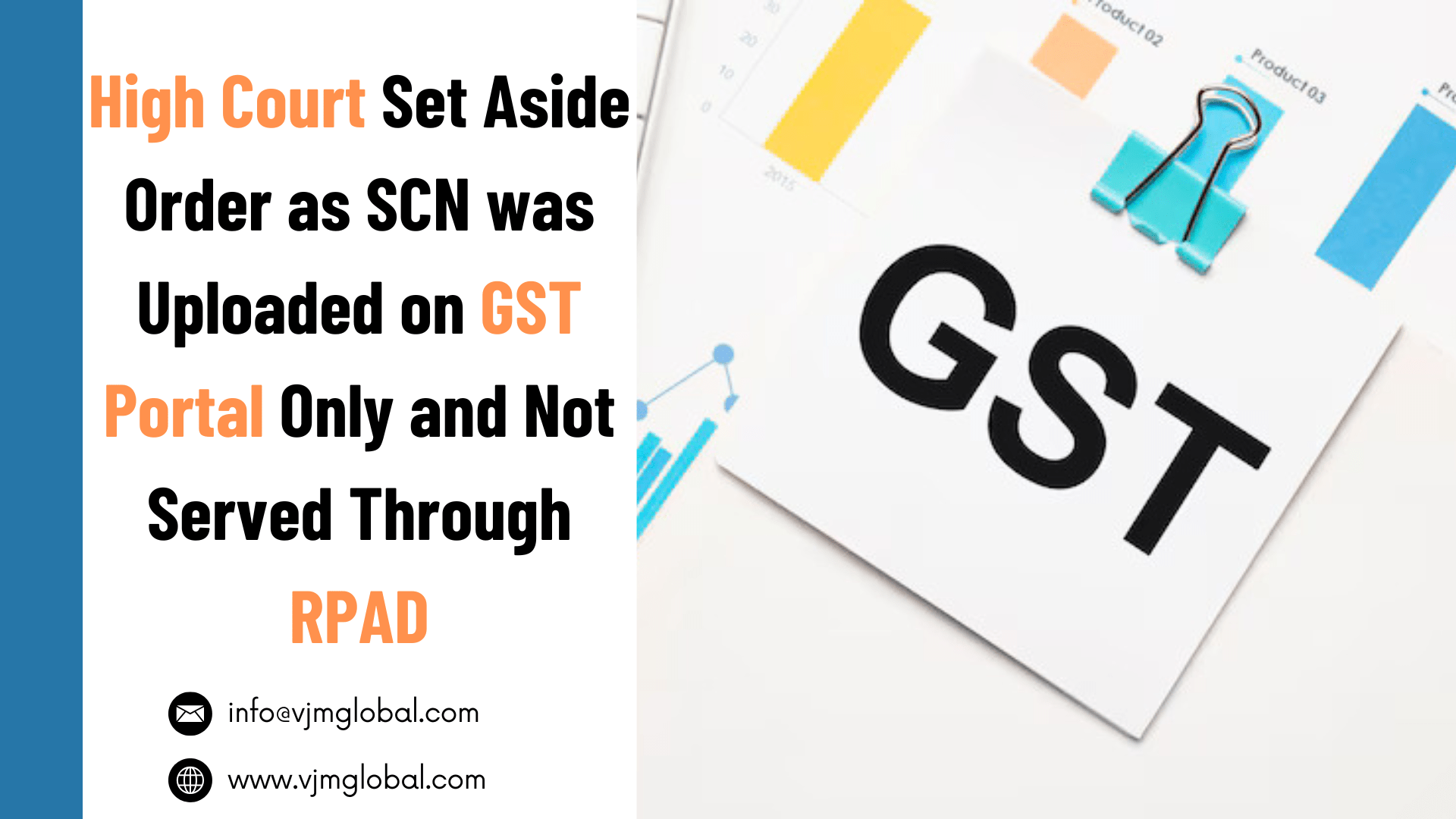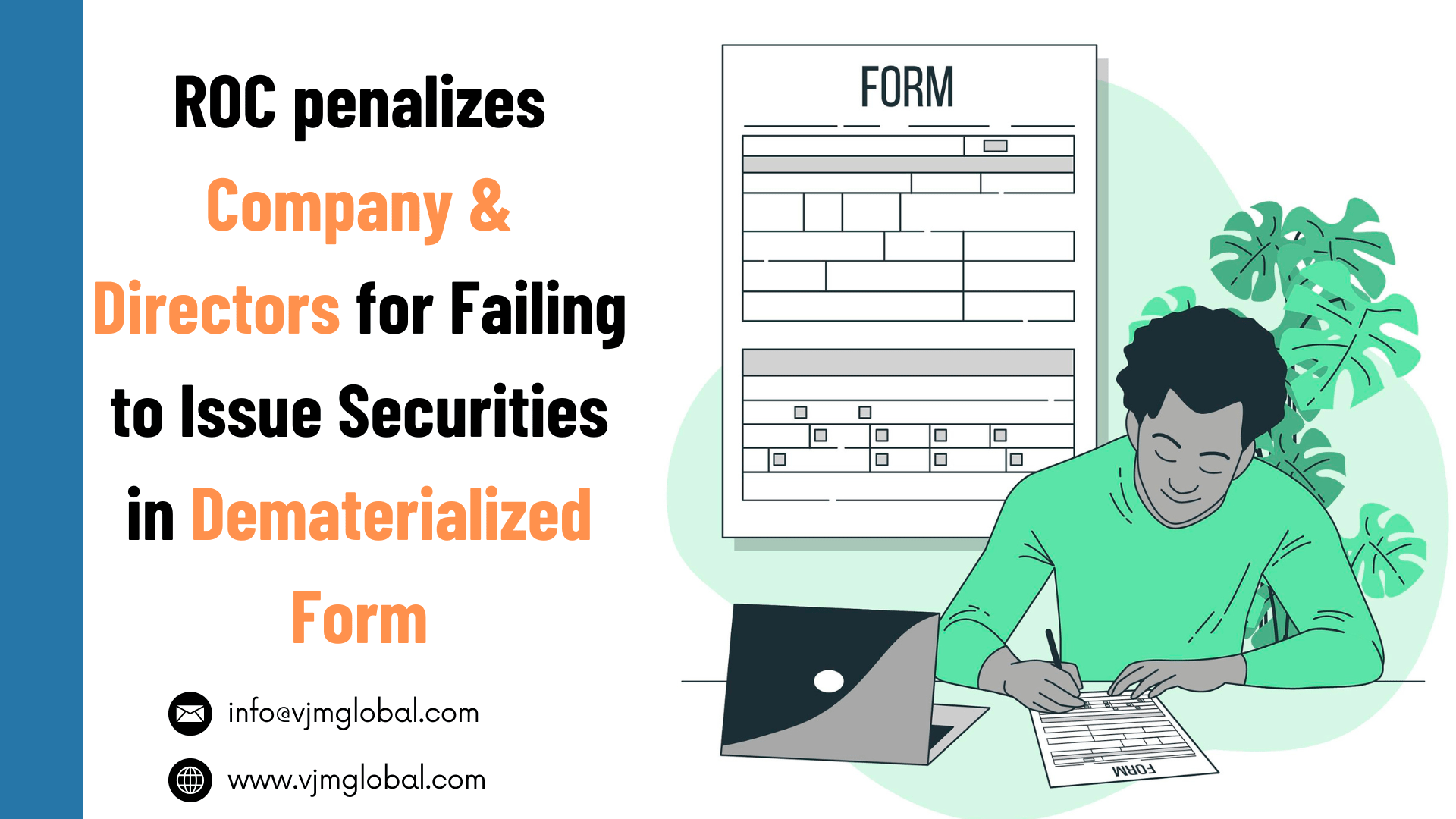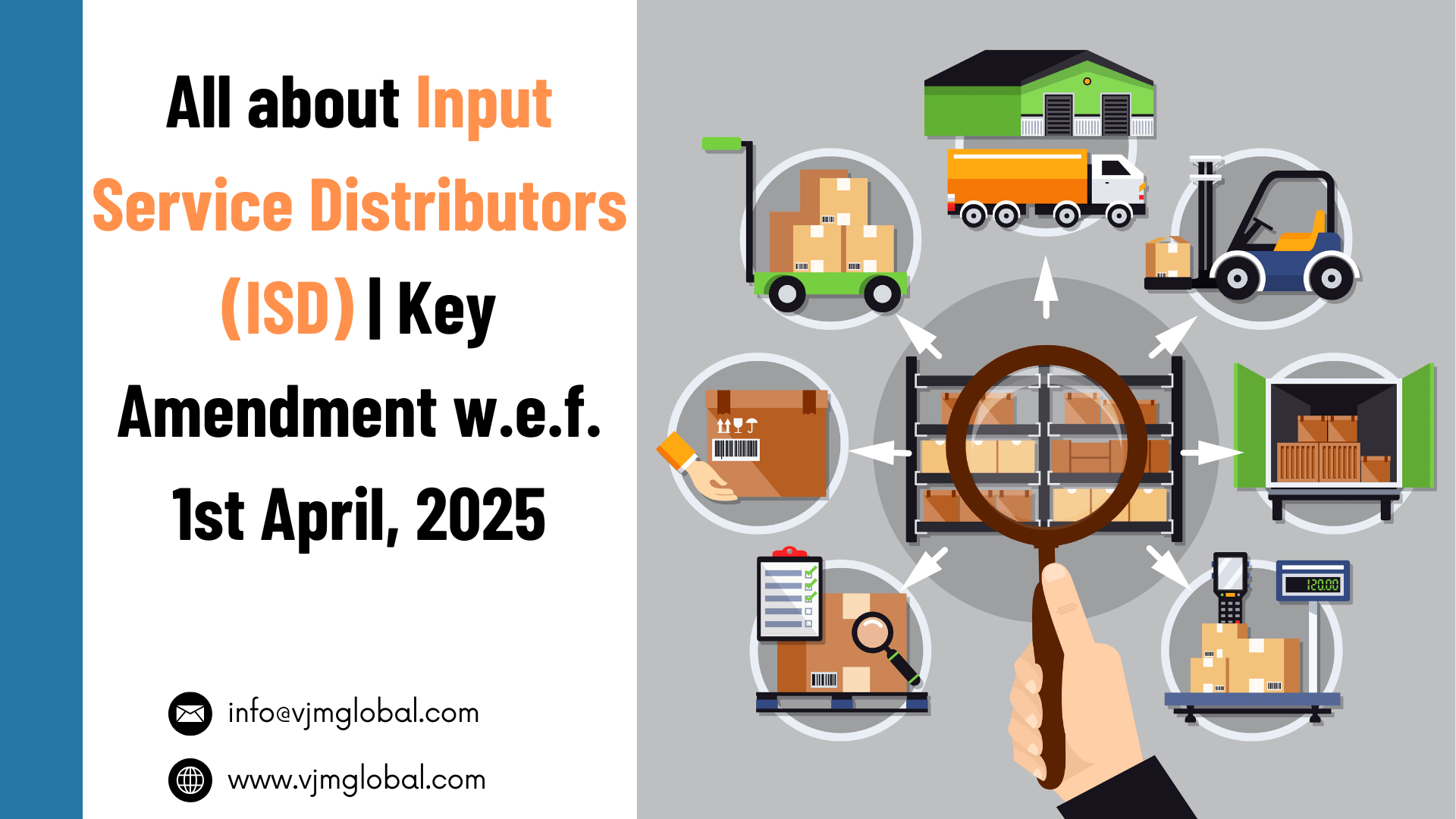India is a signatory to multilateral export control regimes such as the Missile Technology Control Regime, Nuclear Suppliers Group, etc. India is a significant exporter of SCOMET items where SCOMET stands for “Special Chemicals, Organisms, Materials, Equipment and Technologies”. Foreign Trade Policy, 2023 (FTP) contains key provisions related to the export of SCOMET items. FTP provides strict regulation for the export of such sensitive goods and technologies that could be used for military or weapons of mass destruction applications.
To encourage compliance among exporters, the DGFT has rolled out a voluntary disclosure scheme to make good unintentional non-compliance on the part of exporters for SCOMET items. Vide public Notice No. 40/2024-25 dated 15th January 2025, the DGFT has notified the Standard Operating Procedures and Guidelines for voluntary disclosures of non-compliances related to the export of SCOMET items and SCOMET regulations.
Read Also: RBI Regulations for Payment Aggregators- Cross Border (PA-CB)
1. Background
- The DGFT has mentioned that there may be cases where exporters fail to comply with provisions of the Foreign Trade (Development and Regulations) Act, The Weapons of Mass Destructions and their Delivery System (Prohibitions of Unlawful Activities) Act, The Customs Act, or any other relevant law.
- The DGFT has encouraged exporters to make voluntary disclosures of any failure to comply with export-related provisions.
2. Administrative Authorities
- The Inter-Ministerial Working Groups (IMWG) are constituted to consider the applications for the export of SCOMET items.
- Such Authority shall be responsible for the entertaining application for voluntary disclosure shall consider each case on its merit and shall determine the administrative penalties.
3. Types of Violations Covered for Voluntary Disclosure:
The following types of violations shall be eligible for voluntary disclosure:
- Export of SCOMET items without prior authorisation;
- Export of UNSC Sanctioned entities and individuals without knowledge;
- Export of items not controlled under SCOMET and used/diverted for manufacturing of weapons of mass destruction or their delivery system;
- Use of export authorisation issued in name of the entity in the name of the new entity, formed through a merger, acquisition, name change, etc. without amendment;
- Failure to obtain a license from the licensing authority by the SCOMET manufacturing companies registered in India, for facilitating or undertaking site visits, on-site verification, or access of records/documents by foreign organisation either directly or through an Indian party;
- Failure to comply with reporting or bookkeeping requirements etc;
- Unauthorised access to technical data;
- Unauthorised provisions of Technical Assistance;
- Any other violation
4. Violations not covered under voluntary Disclosures:
DGFT has clarified that voluntary disclosure shall not apply in the following cases:
- Where the exporter applies for regularisation based on communication received from DGFT, Customs, or any other Government Authority.
- Non-compliance or violation for items falling under SCOMET category 0 and under CWC Schedules (SCOMET Categories 1A, 1B, and 1C)
5. Factors to be considered by Administrative Authorities:
DGFT has clarified that despite the voluntary disclosure, the violation may attract penalties, administrative actions, or criminal prosecutions depending on the merits of the case. In addition to the particular information of the case, The IMWG shall consider the following factors:
- Whether the exporter would have been authorised in the normal course and under what conditions (voluntary/ Forced Disclosure) the request for export authorisation is made before DGFT;
- Whether the violation was intentional or inadvertent; systematic or not;
- Why the violation occurred;
- Cooperation with ensuring verification;
- Whether the firm has improved internal trade compliance mechanism/ Process/ Progress, including training of employees to reduce the likelihood of future violation;
- Whether such violation was in knowledge of senior management or not;
- Whether the Firm and authorised persons responsible for the violation are familiar with export control laws and regulations;
- Whether the firm has violated laws earlier also
6. Procedure of filing application for voluntary disclosure
The exporter shall follow the following procedure for voluntary disclosure:
- The person shall notify the DGFT immediately after an export violation is discovered and confirmed internally and shall conduct a thorough review of such trade activities where the violation is suspected;
- The Indian exporter shall furnish the entire details of such violation to SCOMET Division, DGFT (Headqtrs) through email;
- The SCOMET cell, DGFT shall issue the Show Cause Notice upon receipt of confirmation of such violation from other enforcement agencies such as customs or through other sources.
- Complete disclosure along with other necessary documents must be submitted within 30 days or the extended time limit;
- Failure to furnish the complete disclosure within a reasonable time may result in recommendations by IMWG not to consider the voluntary disclosure as a mitigating factor in determining the appropriate disposition of the violation.
- The IMWG shall consider each application on merits within the scope of applicable law.
7. Documents to be furnished
The Exporter is required to furnish the following documents under voluntary disclosure:
- Written Disclosure should be accompanied by a covering letter (on the letterhead) signed by the senior officials (not below the rank of export compliance manager or equivalent designation);
- Disclosure Proforma as per format given;
- Application in Form ANF 10A proforma;
- Licensing documents;
- Shipping documents such as shipping bills, airway bills, commercial invoices, etc;
- Any other relevant documents as may be required
8. Action by DGFT
All cases of voluntary disclosure shall be placed by the DGFT before IMWG after the submission of all documents from the exporter. The IMWG shall consider the facts of each case on merits and shall submit the following recommendations to DGFT on the followings:
- No further action is warranted after a satisfactory review;
- Issue the Show Cause Notice;
- Issuance of adjudication order on submission of adverse report on proliferation concerns/information, violation of relevant export control laws and regulations, etc. The Firm shall be liable to action as per the relevant laws;
- DGFT shall subsequently apprise the IMWG of the action taken by them in these cases.
9. Conclusion
Voluntary disclosure is a step in the right direction to encourage compliance among exporters and ensure that if any violation occurs or has occurred, it is identified and regularised on merits. The export of SCOMET is a sensitive matter and requires stringent control.
Considering the importance of compliance these days, the trade should proactively undertake a review of its compliance status and potential exposure and compliance.

